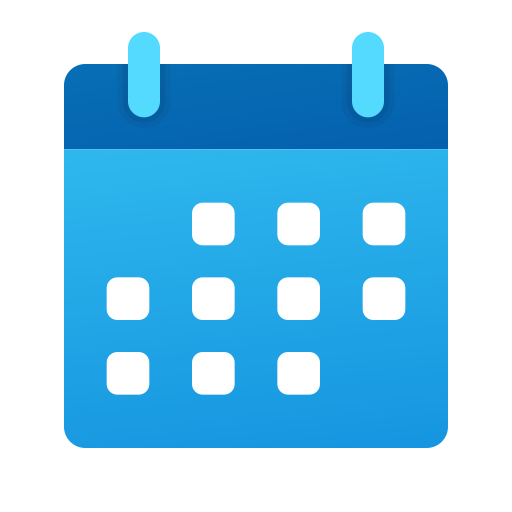The New Era of Hiring: Why Speed and Efficiency Matter
In today’s global hiring landscape, speed, accuracy, and efficiency matter more than ever. Recruiters are managing tight deadlines, high candidate volumes, and increasingly complex scheduling needs, especially with remote and hybrid work becoming the norm. To stay competitive, companies are turning to tools that streamline the hiring process without sacrificing candidate experience.
As organizations shift toward more agile, digital-first hiring processes, automation and smart scheduling tools are taking center stage. The goal is clear: save time, reduce errors, and improve every candidate interaction.
The Hidden Cost of Manual Interview Scheduling
While hiring teams focus on sourcing, screening, and closing top talent, one step often slows everything down: scheduling.
According to LinkedIn’s Global Recruiting Trends report, recruiters spend up to 25% of their time scheduling interviews. For teams hiring at scale, that adds up to hundreds of hours a year, time that could be redirected toward evaluating and securing the best talent.
Smart Scheduling Platforms Solve This By:
- Automating calendar coordination with real-time availability sync
- Offering self-scheduling options for candidates
- Supporting buffer times, meeting limits, and interviewer preferences
Remote Work Has Changed the Rules
With remote and hybrid teams becoming standard, traditional scheduling methods fall short.
Modern Hiring Platforms Now Offer:
- Automatic time zone detection and adjustment
- Flexible recruiter availability settings
- Integration with video tools like Google Meet, Zoom, and Microsoft Teams
This eliminates the back-and-forth of email confirmations and ensures a unified, real-time scheduling experience.
The Rise of AI in the Hiring Funnel
Scheduling is just the beginning. Today, AI is helping recruiters screen candidates, reduce bias, and predict top performers.
What AI-Powered Interview Tools Can Do:
- Analyze voice, facial expressions, and language patterns
- Score responses based on preset criteria
- Predict and prioritize candidates using performance insights
Together with scheduling automation, AI creates a smarter, data-driven interview pipeline.
Global Trends: Why Interview Automation Is the Future
Automation in hiring isn’t optional anymore — it’s strategic.
Key Stats Supporting the Shift:
- 76% of HR teams plan to increase automation use by 2025 (SHRM)
- 20% faster time-to-hire with automated interview scheduling (WorkTech 2024)
- 40% lower candidate drop-off with simplified self-scheduling (Glassdoor)
A Real-World Success Story
A fast-growing fintech company, operating across three continents, struggled with coordination delays. After adopting automated scheduling:
- Scheduling time dropped by 80%
- No-show rates were halved
- Positive candidate feedback increased by 33%
What Makes a Great Interview Scheduling Tool?
1. Purpose-Built for Hiring
Includes interview templates, multi-round workflows, and interviewer collaboration.
2. Team Visibility
Shared calendars and real-time updates for recruiters, managers, and coordinators.
3. Candidate-Friendly Experience
Mobile access, branded scheduling pages, and instant confirmations.
4. Seamless Integrations
Connects with ATS systems, conferencing tools, and email platforms.
Don’t Let Scheduling Slow Down Great Hiring
Agility and professionalism are key in today’s competitive talent market. Candidates expect seamless experiences, and recruiters need tools that let them move fast.
Benefits of Smart Scheduling:
- Eliminate bottlenecks
- Reduce manual tasks
- Focus on meaningful interviews
Final Thoughts
The hiring landscape is evolving — and fast. From timezone challenges to AI-powered interviews, intelligent scheduling tools are now essential to hiring faster, smarter, and more fairly.
It’s not just about saving time — it’s about delivering a modern, candidate-centric hiring experience that reflects the future of work.

